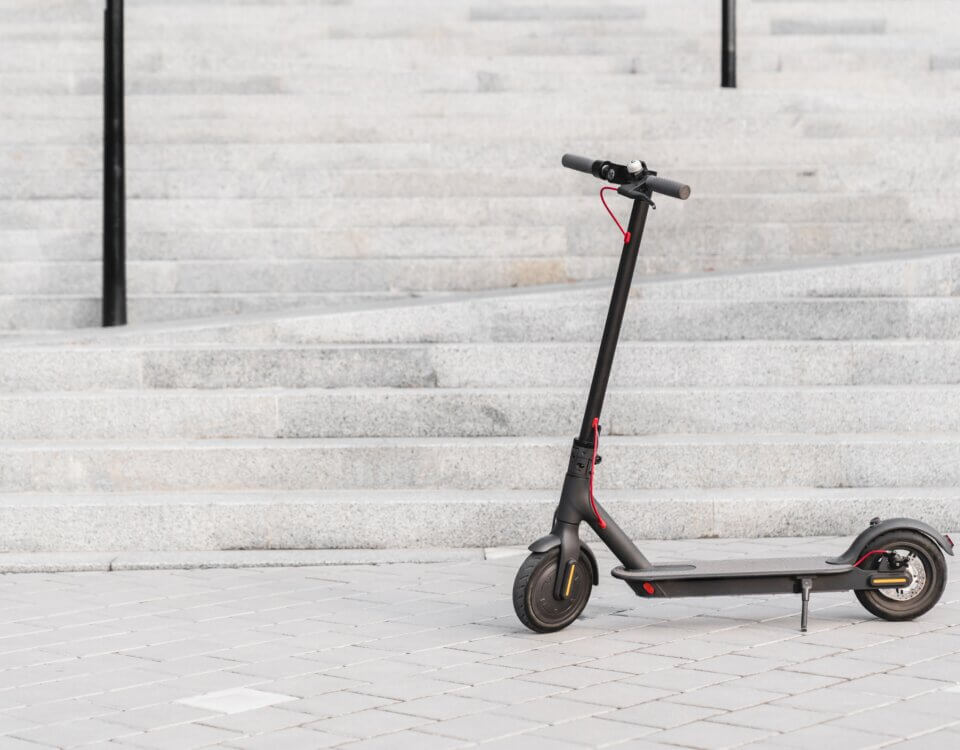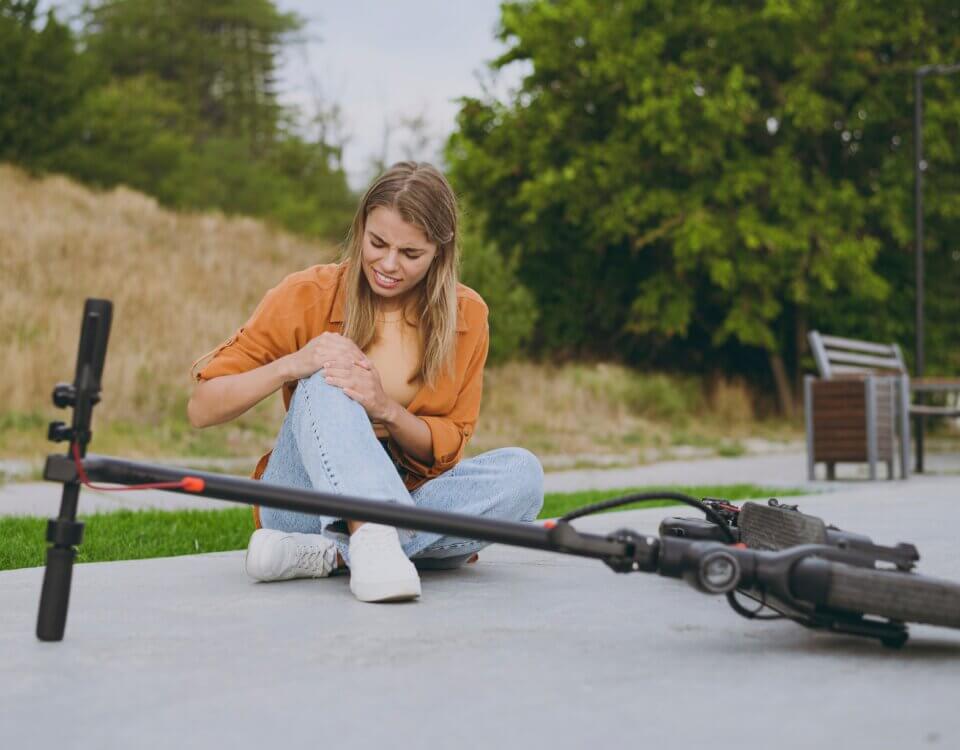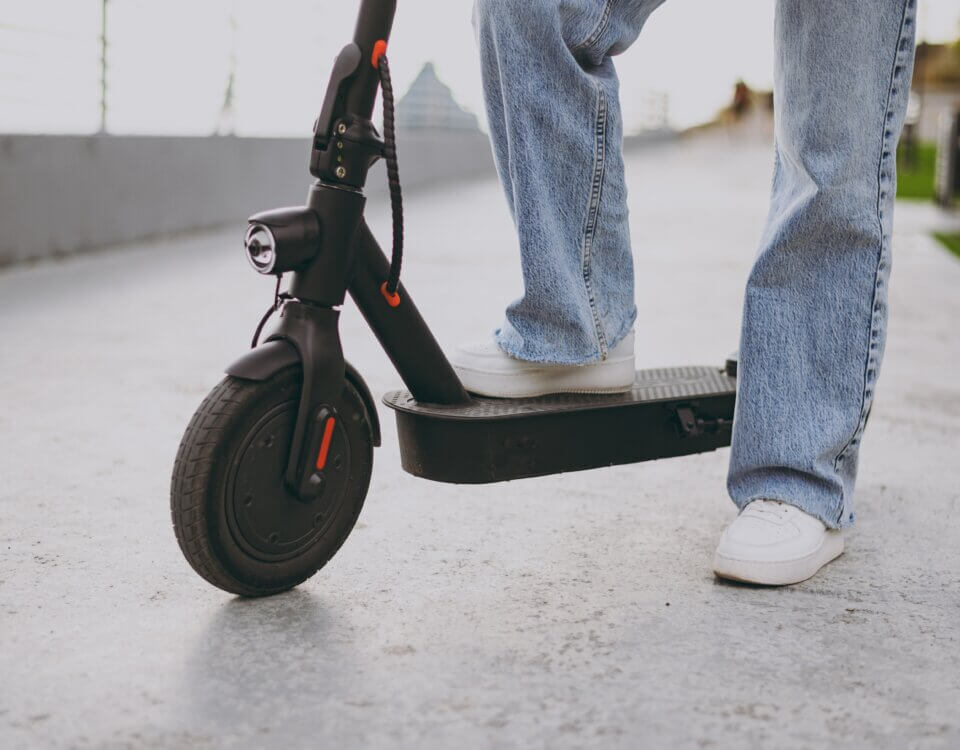Delivery drivers on e-bikes or scooters are a growing part of the transport network. As accidents involving these methods increase, more people are asking when the person who delivers, or their company, can be held responsible.
Respondeat Superior and Employer Liability
In California employers can be held liable under the doctrine of respondeat superior. That means an employer may be responsible for their driver’s negligence so long as the driver was acting within the scope of their work at the time of the accident.
Employee vs Independent Contractor Status
Who you can sue depends heavily on whether the delivery person was an employee or an independent contractor. If the delivery business controls schedules, provides equipment, sets routes or gives specific directions, it shows more employer control and liability. Laws like AB5 make this distinction stricter and can tip the scale towards finding someone is an employee rather than a contractor.
What Counts as “Within the Scope of Employment”
A delivery driver is generally acting within the scope of employment when making pickups, heading to delivery locations, or returning from deliveries. Deviations like doing a personal errand or detour might remove employer liability if the driver was not performing a work duty at the time.
Safety Policies, Training, and Negligence
Employers who require training, safety equipment, or certain operational standards can influence liability. If a company fails to train drivers on safe riding, fails to enforce policies, or allows dangerous practices, that may support claims of negligence.
Insurance Gaps and Coverage Issues
Many delivery companies maintain insurance that covers liability for accidents, but coverage can vary depending on who owns the scooter, whether the driver was actively engaged in work, or whether the platform classifies that person as a contractor. Personal insurance often excludes work-related use, which can create gaps.
Evidence Needed to Prove Liability
Victims should preserve evidence such as: employment or contractor agreements, logs or GPS tracking data, delivery assignments, communication from dispatch, safety protocols, training materials. These help show the relationship, the duties, and what the driver was doing when the accident occurred.
How Hillstone Law Can Help
Hillstone Law can assess whether the employer can be held accountable review whether the driver was treated as an employee gather key evidence like company policies or safety training negotiate with insurers or pursue legal action to secure full compensation for medical expenses, lost wages, property or equipment damage, and pain and suffering.
Note: These blog posts are created solely for the use of Hillstone Law. The information is gathered from internet research, publicly available sources, and artificial intelligence (AI) tools such as ChatGPT. While we aim to share helpful and educational content, Hillstone Law does not independently verify every detail. Some information may be incomplete, outdated, or subject to change without notice. If you believe any part of a post is inaccurate, misleading, or infringes upon copyright, please contact Hillstone Law immediately so we can review it and take appropriate action, including correction or removal.
Disclaimer: The material provided in these blogs is for general informational purposes only and should not be considered legal advice. Reading these posts does not create, and is not intended to create, an attorney-client relationship with Hillstone Law. Our intent is to share knowledge, raise awareness, and provide helpful resources to the public; however, Hillstone Law makes no warranties or guarantees about the accuracy, completeness, or reliability of the information provided, and expressly disclaims liability for any actions taken in reliance on it. The photos used in these posts are for illustrative purposes only and do not depict actual clients, individuals, or incidents unless expressly stated. If you or a loved one has been injured in an accident, please contact Hillstone Law at (855) 691-1691. Our attorneys are available to answer your legal questions and help you understand your rights.







